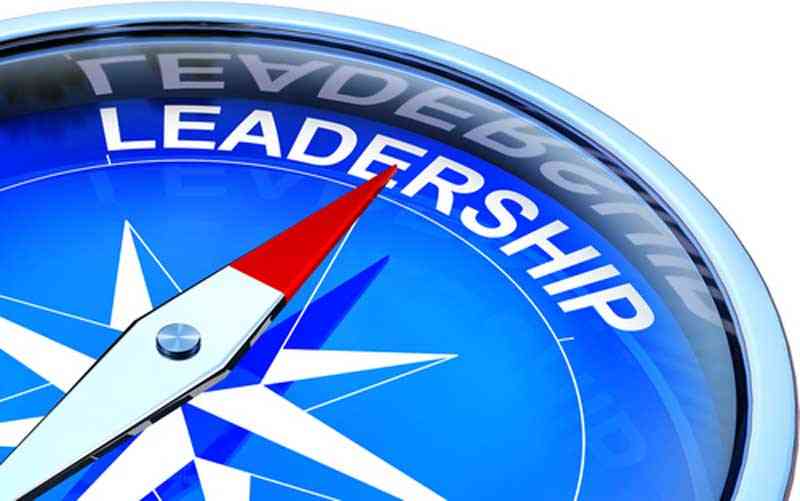
IN a bizarre admission of institutional failure crippling Harare City Council (HCC), the local authority’s department of waste water manager, Simon Muserere, attributed the widespread sewer blockages to residents relying on the bucket flushing system.
This endemic problem, which has triggered water-borne diseases in the capital, is only symptomatic of a leadership paralysis and corruption that hinder the local authority from offering services to its residents.
“When you use a very small tin, it may clear your toilet, but the load remains in the pipeline.
“A larger bucket helps to push waste through to the treatment plant,” Muserere said.
“If we cut down the 60%caused by residents, we can focus our limited resources on fixing structural issues and avoid over-straining the city’s budget.”
Muserere’s piecemeal solution to address Harare’s long-standing problem of clogged sewer systems is the clearest sign that a fish rots from the head.
It conceals the fact that city officials have failed for decades to provide municipal water to residents.
At the heart of the sewer blockages is Harare’s struggle to revamp its shambolic water reticulation infrastructure, a city whose population has grown exponentially.
- Harare cancels Pomona waste deal
- Devolution gains remain a mirage
- Harare cancels Pomona waste deal
- Pomona saga: Harare handed shock US$750k ‘garbage’ bill
Keep Reading
Following years of graft and leadership failure, residents of Harare — a council once famed as the Sunshine City for its “clean” ambience — have stopped paying bills in the absence of decent services.
By December 2024, HCC was owed over US$100 million, a situation that has further constrained city fathers from discharging their mandate to residents.
Streams of flowing sewage, uncollected mounds of garbage, and undesignated vending sites have become common in Harare, where top city officials are implicated in industrial-scale corruption scandals.
A putrid stench lingers across streets in Harare’s central business district.
By its own admission again, and in a case where corrupt elements have put residents’ health at risk to line their pockets, the local authority in 2020 dithered on finalising a chlorine dioxide treatment deal that could have saved the capital millions of dollars on imported water treatment chemicals.
This was after research it had commissioned revealed that the local authority was pumping water laced with harmful toxins to its residents.
As the results of the research showed, the water was not fit for human consumption.
Yet five years on, city fathers, who receive enormous perks from Harare’s meagre coffers, have remained unfazed while residents suffer.
This dramatic decline of the capital is laid bare by the findings of the retired Justice Maphios Cheda-led commission, which was set up last year by President Emmerson Mnangagwa.
Leadership failure and corruption have turned Harare into a mess.






